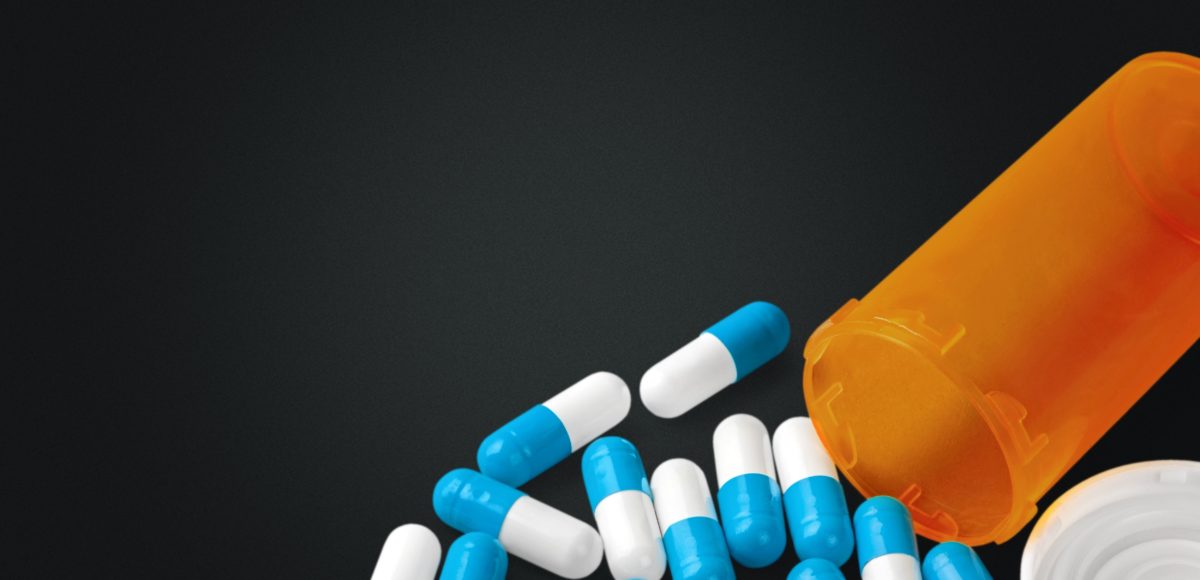Sure, the advent of modern antibiotics has literally changed our world: people don’t die from skin infections or bronchitis like they used to, and the common urinary tract infection doesn’t lead to infertility or death like it used to. All this thanks to multiple classes of antibiotics that work in different ways to fight bacteria.
So what have we done this past century with this special class of drugs? Overprescribed, over-relied and overused, of course. Nothing says modern western medicine like taking a lifesaver and hammering it into the ground by not considering the consequences.
Sorry for the pessimism, but antibiotic overuse certainly has put us in a tight spot: bacteria are morphing their DNA so quickly to become resistant, that many scientists believe it’s only a matter of time until we face a true, untreatable bacterial epidemic.
Yet, patients continue to insist on antibiotics for prophylaxis (“Doc I’m going on a trip and I just know “I’ll get a sinus infection!”) and treatment (“This cold hasn’t gone away so I must need a Z-pack!”) of whatever may ail them. Many doctors continue to fill unnecessary antibiotic prescriptions just to keep their patients happy.
Fortunately, so much research is being published on potential side effects of these drugs (besides breeding resistance) that doctors are becoming wiser, and less likely to prescribe them “on demand.” That’s good news, because some of these less common side effects are not to be taken lightly!
One recent study caught my attention because you would never think an antibiotic used routinely could cause serious damage to our tendons—the fibers that connect our muscles to our bones.
This class of drug, called fluoroquinolones, used to treat common types of infections, including pneumonia, has proven very effective when other antibiotics fail. Many women may recognize the drug name Cipro, often used as the first line treatment for a urinary tract infection.
We don’t yet know how this antibiotic can cause tendonitis, tendon weakness, and even full on rupture of these fibers. One major theory is that they decrease blood flow to the all-important collagen fibers that are a part of muscles and tendon attachments. In any case, serious permanent damage has occurred to people’s tendons as a result of this antibiotic.
This class of drugs was discovered in the 1970’s and since then has saved countless lives. However, side effects like tendon damage have become a known risk since then, along with permanent nerve damage and other serious, long term risks.
Finally, last year the FDA released a statement that these drugs be used only as a LAST RESORT in otherwise uncomplicated infections where other classes of antibiotics failed to control infections.
How many of you have been prescribed a fluoroquinolone, like Cipro or Levaquin, as an outpatient? Were you given a less potent antibiotic first and it failed, or were you prescribed this drug right off the bat. Did your doctor ask you if you’ve ever had issues with your tendons, or previous tendonitis?
It’s likely that your answer is no—that you weren’t given this drug only after another class of antibiotics failed, or that you were never asked if you have a history of specific issues before being prescribed the drugs.
And that’s what the newest FDA statement is trying to get across to prescribers, and it’s what I’m trying to get across to everyone else!
Don’t be afraid to ask about alternatives to the first drug prescribed. If you are a healthy person with a new infection, why should you be given the “big gun” medicine without trying something simpler first?
Don’t be afraid to ask about side effects! Your doctor may not think of every possible, rare potential side effect—but if you bring up an episode in your medical or social history that could be pertinent, it may save your life!
What we’re talking about here doesn’t have as much to do with us as it does for our children and grandchildren. We are squandering strong medications when there are safer alternatives—to the extent that future generations may not have ones that work when they’re needed most.
Meanwhile, why should we suffer needlessly from permanent and serious side effects of drugs marketed to “save us,” when less potent alternatives exist?
 English
English French
French German
German






